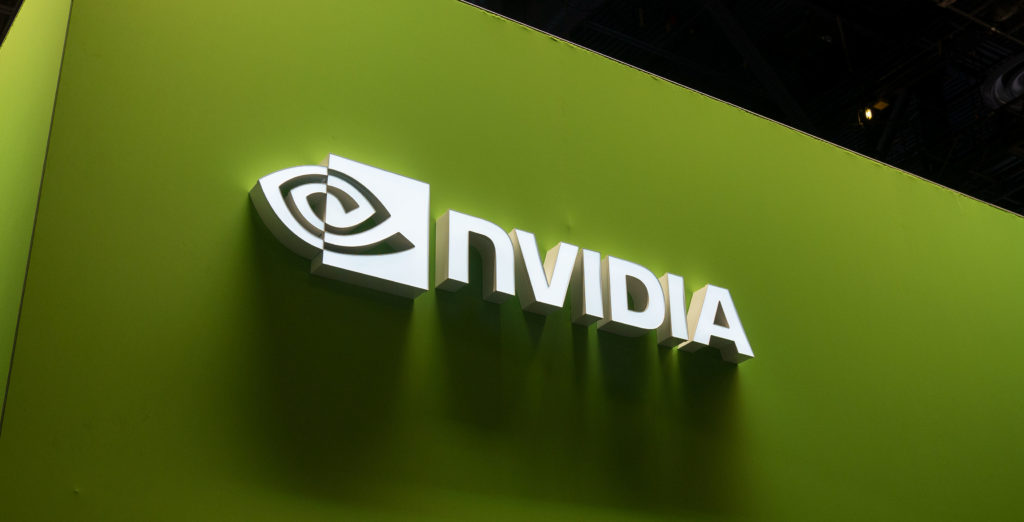
Nvidia to buy Arm from SoftBank for $40 billion USD
Nvidia will still need regulatory sign-offs from China, the U.K., E.U. and U.S.
by Jonathan LamontNvidia has officially agreed to buy Arm from SoftBank for a staggering $40 billion USD (about $52.7 billion CAD), marking the largest ever semiconductor deal. In doing so, Nvidia will gain control of arguably some of the most widely used electronics tech.
Bloomberg reports that Nvidia will pay $21.5 billion USD in stock and $12 billion USD in cash for the U.K.-based chip designer. That includes a $2 billion USD payment at signing. Further, SoftBank may receive an extra $5 billion USD in cash or stock if Arm meets certain performance targets. Finally, Nvidia will pay an additional $1.5 billion USD to Arm employees in Nvidia stock.
The news comes just months after rumours emerged that Nvidia was in talks with SoftBank to acquire Arm. Bloomberg notes that Arm’s important is more than just its revenue, which largely comes from licensing chip fundamentals and selling processor designs. Arm is at the heart of almost every major smartphone brand and is breaking into computers in a big way. For example, Qualcomm’s chips are based on Arm and power the majority of Android phones, while Apple uses Arm designs for its iPhone, iPad and is transitioning its Mac computers to Arm as well.
However, Arm extends much further than that, with chips based on Arm technology powering everything from factory equipment to home electronics, according to Bloomberg.
Arm will help Nvidia get AI on just about everything
If you’re wondering why Nvidia, which is best known for making graphics processing units (GPUs) for consumer PCs, wants Arm, well, there are a few reasons. First up, Bloomberg notes that the Nvidia wants to bring artificial intelligence (AI) to basically everything with an on-switch. Nvidia also plans to invest in Arm’s efforts to design chips for data-centre computing — another important market for Nvidia, albeit not one it’s well known for.
However, that would put Nvidia in direct competition with Intel, which currently dominates consumer and data-centre chips. In fact, that’s one of the biggest concerns around Nvidia’s Arm acquisition; part of Arm’s success so far is that it was independent of licensees. Now with Nvidia — an Arm licensee — taking over Arm, other licensees may have concerns. Bloomberg reports that Nvidia seeks to preserve Arm’s neutrality and expand the company’s client list.
Of course, that’s only a concern if Nvidia can get the regulatory approvals for the deal. It will need sign-offs from authorities in China, the U.K., European Union and the U.S. Given the current tensions between China and the U.S., it could be difficult to get approval from China. It’s worth noting that if the deal does go through, Arm will become a U.S. firm, while China will retain control of Arm China.
Ultimately, the acquisition should prove a big boon for Nvidia, giving the company in-roads to whole new markets. However, it remains to be seen if the deal goes through, and what pushback Nvidia gets from competitors and partners who also rely on Arm.
Source: Bloomberg